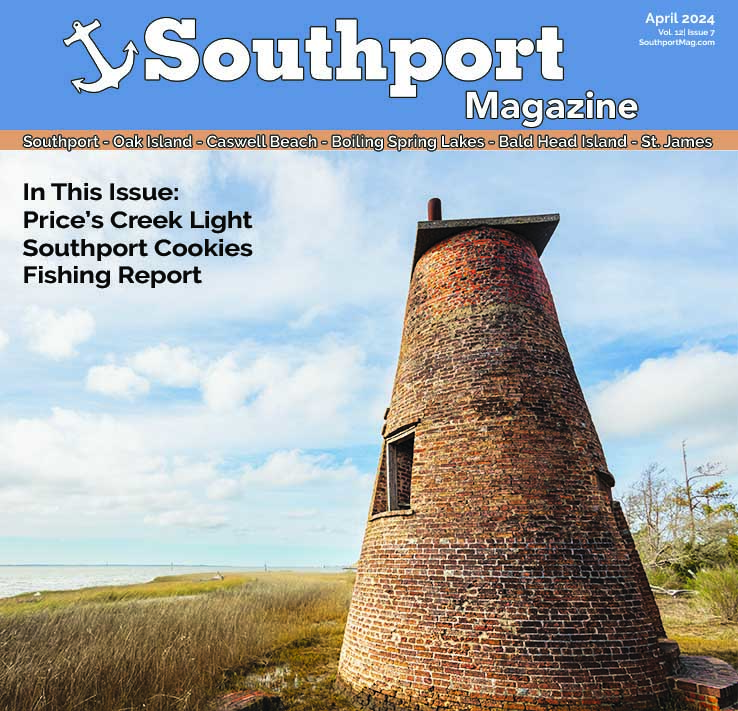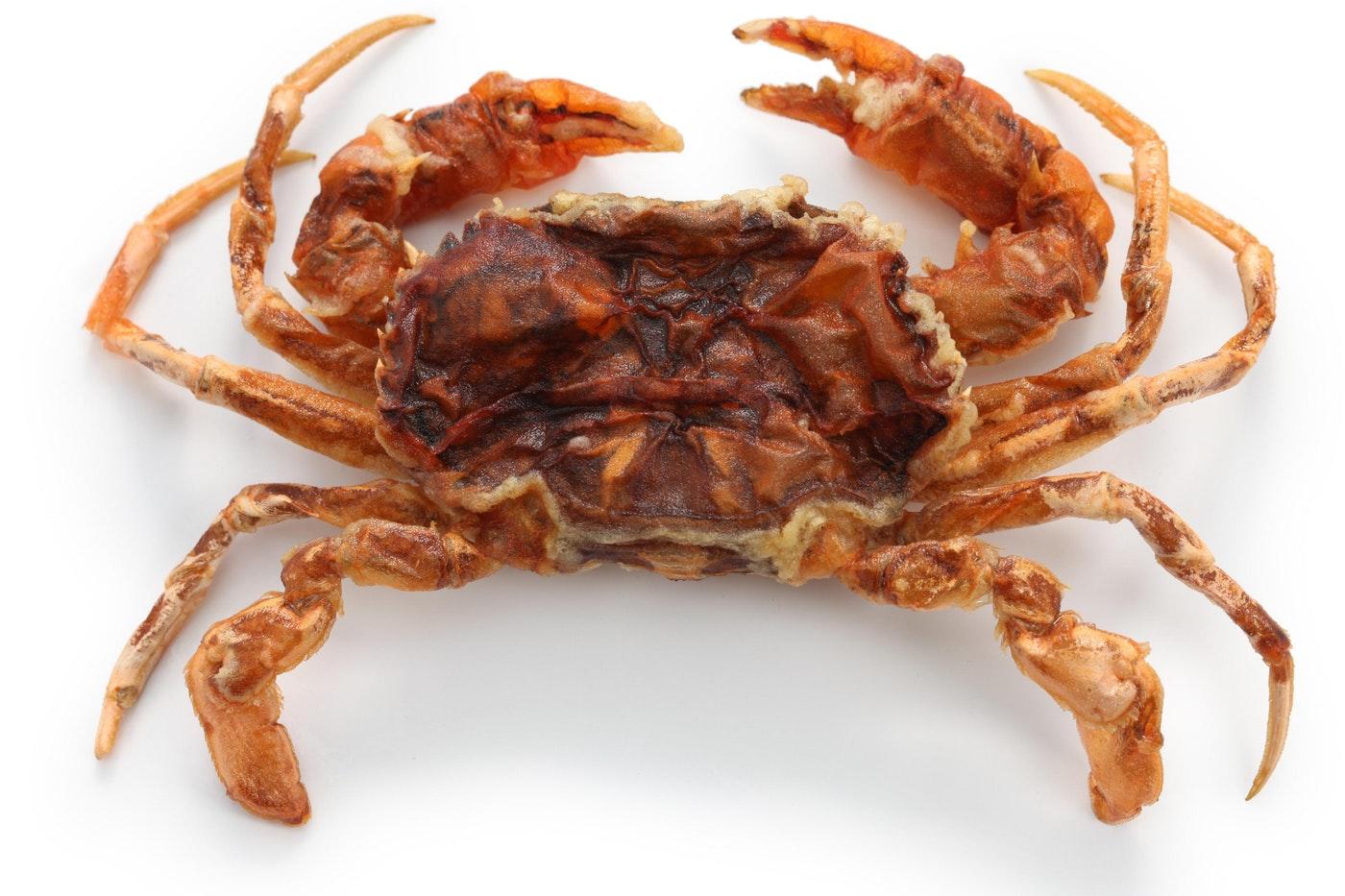Toasts with the Mosts

The holiday season is upon us and that means so is the potential awkwardness of sitting down to meals with extended family. In today’s political climate, where battle lines seem to be getting thicker and farther apart, every chance to bridge gaps and bring everyone together is valuable. Enter the traditional toast.
While a shared toast can certainly bring a group together, its origins aren’t exactly warm and fuzzy. The Toastmasters International website has all sorts of fun tidbits about the history of the toast. Let’s look at a few.
The history of the toast goes back almost as far as recorded human history, and crosses all sorts of cultural borders. It seems one of the first uses for a toast was to build trust among people who might be likely to try to poison each other (sound anything like your Thanksgiving dinner?). The host taking the first sip or everyone drinking together was seen as a good way to ensure that the drink was safe.
The Romans gave us the term “toast” as they added a bit of dried bread to their wine to reduce its bitterness. Never tried that. Might help some wines even today….
In the middle ages, the tradition of clinking glasses together began as a way to spill a little of one drink into the other, further ensuring that no one was going to be poisoned during cocktail hour.
It would make for an awkward dinner if we dwelled upon the possibility of killing our guests, so toasts also became a time to wish health and happiness and good fortune to those present or to others not joining in the toast. And people being what they are, this simple well-wishing soon evolved into more elaborate, and often witty, sayings.
The Toastmaster international point to a J. Roach’s 1791 book “The Royal Toastmaster” as the earliest work on the art of the toast. Mr. Roach confirms my suggestion that a toast may be a good idea at your extended family get togethers.
“A Toast or Sentiment very frequently excites good humor, and revives languid conversation; often does it, when properly applied, cool the heat of resentment, and blunt the edge of animosity. A well-applied Toast is acknowledged, universally, to soothe the flame of acrimony, when season and reason oft used their efforts to no purpose,” he wrote.
I couldn’t have said it better myself.
So what, exactly, should you say when you toast? Of course you can make something up on the spot, that is often the most appreciated toast, but not everyone can think on his or her feet like a Toastmaster. I’ve scoured the internet and collected a few toasts you might like to try. I’ll attribute them as I can, but go ahead and claim they are all of your own making. Who’s going to call you out at a holiday dinner?
“May you live for as long as you want, and never want for as long as you live!”
—Bud Abbott (of Abbott and Costello)
“May the best of the past be the worst of the future.”
—Anonymous
“May our children have wealthy parents.”
—Anonymous
“Here’s to a long life and a merry one.
A quick death and an easy one.
A pretty girl and an honest one.
A cold pint– and another one!”
-Traditional Irish Toast
“Our enemies never drink
Our friends always do
So let’s drink this drink
And tell between the two.”
-Modern Drunkard Magazine
“Here’s champagne to our real friends
And real pain to our sham friends.”
—Francis Bacon
And a few especially for Christmas.
“At Christmas play and make good cheer
For Christmas comes but once a year.”
-Thomas Tusser
“Here’s to the holly with its bright red berry.
Here’s to Christmas, let’s make it merry.”
-Anonymous
“God bless us every one!”
Tiny Tim, in Charles dickens’ A Christmas Carol
Do you have any favorite toasts? Are there toasts that are traditional in your family or among your friends? If they are suitable for a family publication, send them along to me at jeff@southportmag.com and they might just end up in a future Cheers column!











Leave a Reply